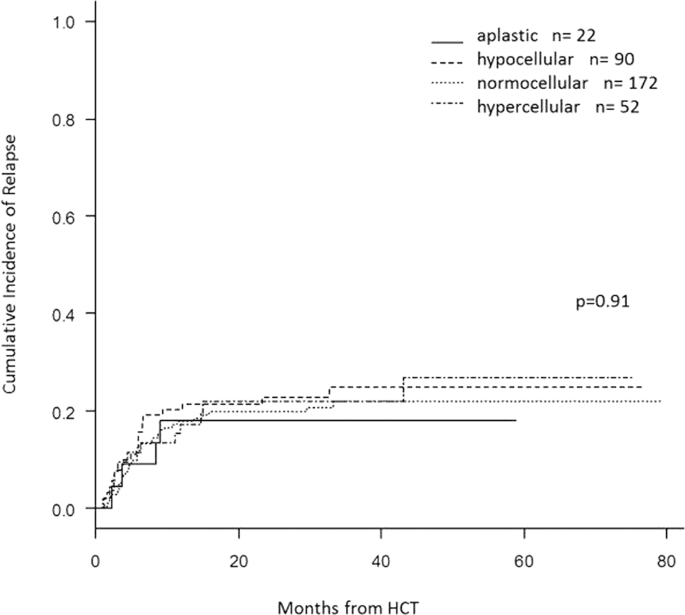Larry's Legal Minimum Wage of $4.20 in Australia: Insufficient for a Livable Income
People with intellectual disabilities earn hourly wages in Australia that often don’t cover travel costs to work. The issue arises from the country’s supported wage system, allowing companies to pay these workers as little as $2.90 per hour. Roughly 20,000 people, mostly those with intellectual disabilities, are employed under this system. Most are working in Australian Disability Enterprises (ADEs), which are segregated workplaces specifically designed for people with intellectual issues. The royal commission into violence, abuse, neglect and exploitation of people with disabilities has recommended that wage parity for disabled workers be achieved by 2034. This would involve an immediate increase in wages to at least 50% of the current minimum.
The advocacy organisation, Inclusion Australia, has urged for a radical overhaul regarding these payment issues. The CEO, Catherine McAlpine, calls for ADEs to transition into general employment spaces for people with intellectual disabilities. She also has concerns over people in the supported wage system who also receive the disability support pension, which quickly decreases once their wages come into play.
Aruma, a disability service provider, is working to find a way towards equitable wages. The provider’s CEO, Martin Laverty, acknowledges that ADEs will need restructuring to maintain financial stability in the event of wage parity. Laverty also recommends creating more opportunites in public and private sectors for people with intellectual disabilities.
